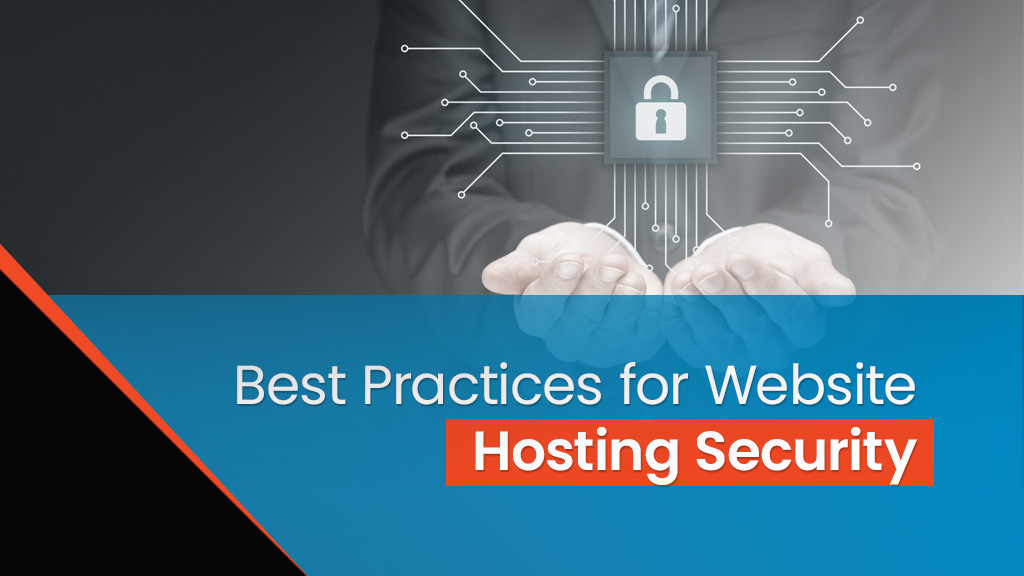The online landscape is both vast and vulnerable, and ensuring the security of your hosted website is of paramount importance. Whether you’re a small business owner, an aspiring blogger, or an e-commerce giant, implementing robust hosting security practices is crucial to safeguarding your digital presence. In this blog, we’ll explore the best practices for website hosting, including tips and tools to fortify your virtual stronghold.
-
SSL Certificates: The First Line of Defense
An SSL (Secure Socket Layer) certificate encrypts data transmitted between a user’s browser and your website, ensuring that sensitive information remains confidential. Not only does it bolster security, but it also boosts your website’s credibility. BlackSun offers free SSL certificates, making it an accessible security measure for everyone.
Tip: Regularly update your SSL certificate to the latest version to patch any vulnerabilities.
-
Firewalls: Building a Digital Perimeter
Firewalls act as digital gatekeepers, monitoring and controlling incoming and outgoing network traffic. While web application firewalls (WAFs) protect against web-based attacks, traditional firewalls safeguard your server at the network level. Consider implementing both for a comprehensive defense strategy.
-
Regular Backups: A Safety Net for Your Data
In the unfortunate event of a cyberattack or data loss, having recent backups is a lifesaver. Set up automated backup systems that store copies of your website’s data and configurations. Cloud storage solutions and/or dedicated backup services make this process seamless.
Tip: Test your backup restoration process periodically to ensure it functions smoothly in case of an emergency.
-
Update, Patch, Repeat: The Software Lifecycle
Outdated software is a goldmine for hackers. Regularly update your website’s content management system (CMS), plugins, themes, and any other software components. Most modern hosting platforms provide automatic updates, reducing the risk of vulnerabilities caused by outdated software.
Tool Recommendation: Consider using tools like ManageWP or InfiniteWP for centralized management and updates of multiple websites.
-
Strong Passwords: The Guardian of Your Accounts
While it may seem obvious, the importance of strong, unique passwords cannot be overstated. Enforce stringent password policies for all accounts associated with your website, including hosting, CMS, and email accounts.
Tip: Implement two-factor authentication (2FA) whenever possible to add an extra layer of security.
-
Monitoring and Analytics: Eyes on the Prize
Implementing real-time monitoring and analytics tools allows you to stay informed about your website’s performance and potential security threats. Services like Google Analytics or security-focused tools such as Sucuri provide insights into user behavior and help identify any unusual activity.
Tool Recommendation: Use security plugins like Wordfence for WordPress or Sucuri Security to monitor and protect your website.
Securing your hosted website is an ongoing process that requires diligence and a proactive mindset. By implementing these best practices, you’ll be better equipped to navigate the ever-evolving landscape of online threats. A well-defended website is not just a digital entity; it’s a fortress protecting your brand, reputation, and the trust of your users. Stay vigilant, stay secure.
BlackSun, a division of VDC Virtual Data Corp., makes Canadian web hosting easy. We deliver fast, reliable, affordable, and scalable web hosting solutions to Canada and around the world — from basic sites to intricate e-commerce storefronts. In addition, our in-house web design and marketing experts offer web development and marketing services to Canadian SMBs from coast to coast. Reach out to us today to learn more!
